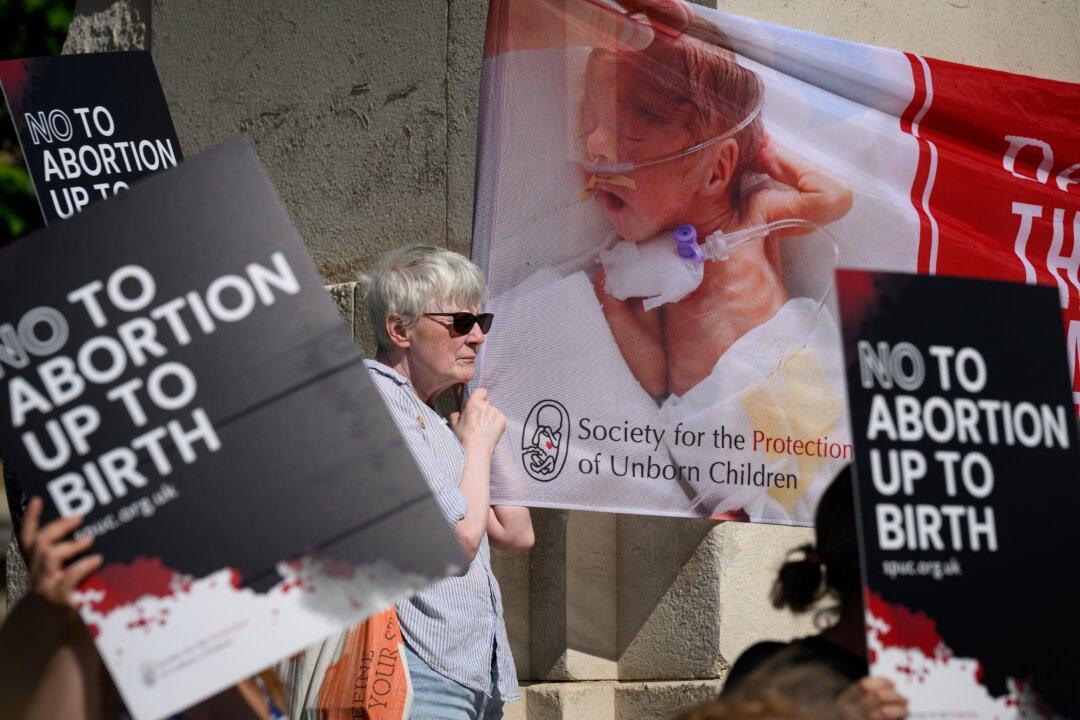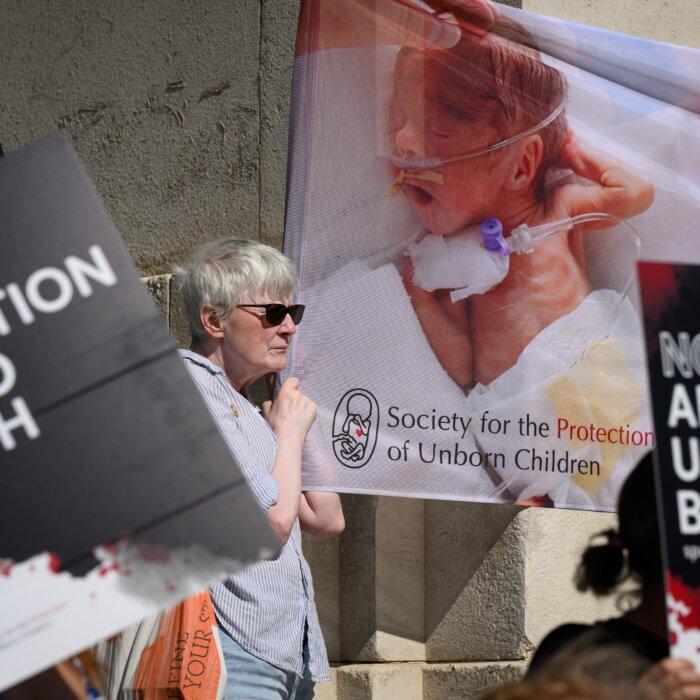British lawmakers on June 17 voted in favor of an amendment that would decriminalise abortion in England and Wales and remove criminal penalties for women who end their pregnancies at any stage and for any reason.
Women in England and Wales face criminal charges and police investigations if they end a pregnancy after 24 weeks under the 1861 Offences Against the Person Act, a Victorian-era law that carries a maximum sentence of life imprisonment.
Having passed the House of Commons, the bill moves to the House of Lords, the upper chamber of the UK Parliament, for review. If passed by the House of Lords and granted royal assent, the bill will become law.
Some women’s health care providers and medical bodies, including the British Pregnancy Advisory Service and the RCOG, backed Antoniazzi’s amendment.
Carla Foster, a 45-year-old mother of three, took abortion pills mailed to her during the COVID-19 lockdown in 2020 after falsely telling an abortion provider that she was only eight weeks pregnant. She was about eight months pregnant.
Foster was sentenced in June to 28 months in prison for administering drugs or using instruments to procure an abortion.
Antoniazzi criticised the current law and said that it had been used to investigate 100 women in the past five years, including some who had given birth prematurely or had been forced into abortions by abusive partners.
“Each one of these cases is a travesty enabled by our outdated abortion law,” she told Parliament. “This is not justice, it is cruelty, and it has got to end.”
A woman could abort for any reason, including the sex of the baby, the organisation said, adding that this would therefore legalise abortion up to birth as long as it is self-induced.
Last year, France became the first country to explicitly include a right to terminate a pregnancy in its constitution.







